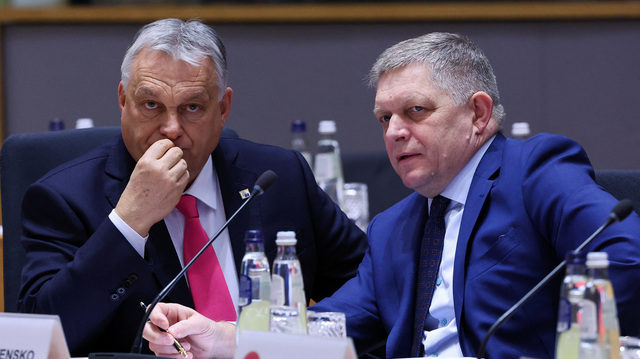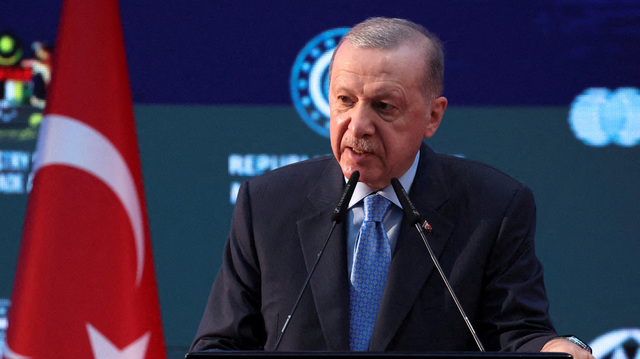Policy Coherence for Sustainable Development: A troubleshooting guide for reluctant EU donors
In his paper for Think Visegrad in Brussels, Ondřej Horký-Hlucháň explains how the Policy Coherence for Development (PCD) has been extended to cover sustainable development once the 2030 Agenda introduced the new principle of Policy for Sustainable Development (PCSD). He discusses how this measure has created conceptual and institutional confusion for many EU member states, especially the Visegrad Group, and paradoxically, negatively impacts sustainable development efforts.
The inclusion of the Policy Coherence for Development (PCD) in the Sustainable Development Goals as Policy
Coherence for Sustainable Development (PCSD) created a conceptual and institutional confusion that overloaded the implementation capacities of many EU member states. The Visegrad Group and other ‘reluctant’ aid donors should primarily pursue both PCD and PCSD separately as a recognition of their logic of action in foreign and domestic policy-making respectively. Due to the complexity of the agendas, they should also focus on the low hanging fruits.
To promote Policy Coherence for Development, the Ministries of Foreign Affairs should reclaim full ownership
for the PCD agenda and keep National Focal Points for PCD with dedicated capacities. They should select one or at maximum two policy areas with the highest potential and focus on the already existing intra-ministerial
procedures and inter-ministerial Regulatory Impact Assessment (RIA) to tackle transboundary effects in the related domestic policy proposals. They should ally with civil society, academia and media to bring positive and/or negative evidence and mediate the personal experience of the impact of national policies on the global South.
To enhance Policy Coherence for Sustainable Development, governments and other political actors should enhance the open space for political participation on sustainable development issues by all stakeholders and start a conversation on reform of democratic governance that will include an institution to represent future generations. Ministries and/or central government responsible for sustainable development should focus on the active use of the existing RIA procedures to make conflicts between short- and long-term impacts, and between the three pillars of sustainable development explicit in the cabinets.








